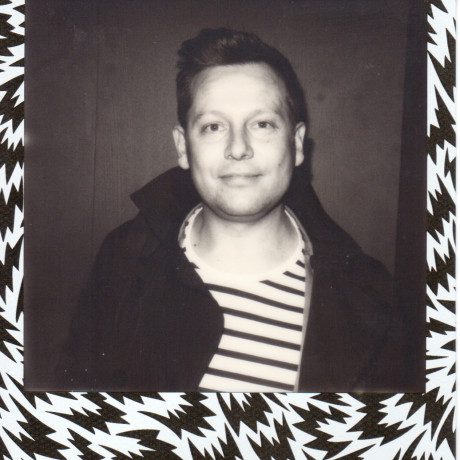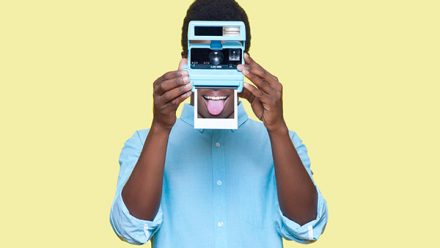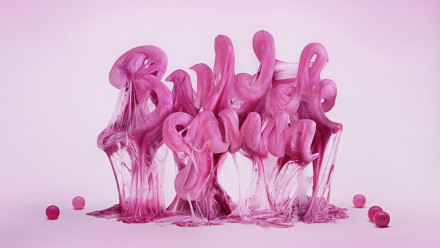How Might Machine Learning Might Complement your Creativity
If you’ve ever asked Alexa to a play a song or turn your lights off, you already know how artificial intelligence can change everyday tasks. We take a look at how it might become a partner in your creativity
AI: It’s Getting Personal
As AI and machine learning become more powerful, many companies are scrambling to mix them into our everyday lives. Right now, developers at Google and Amazon are designing AI digital assistants that will go beyond answering plain questions and helping control our devices. They’ll also connect with us with increasingly more ‘human’ behaviours. To get there, developers have been drawing expertise from some surprising places, including comedians, novelists, poets, and animators; all with the intention of creating personalities for AI tools.
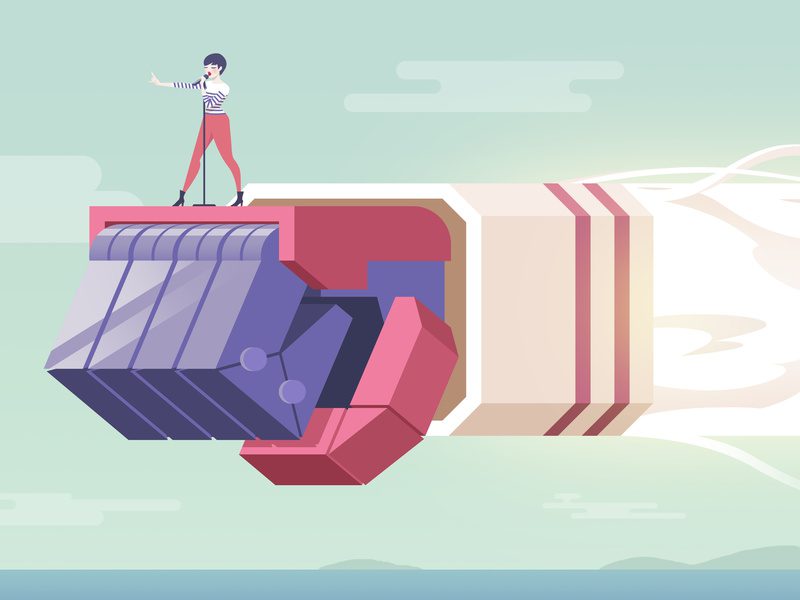
And it’s not a big leap to think users might want deeper, more personal connections with their digital assistants. When Daren Gill, director of product management for Alexa, talked to the New Scientist last December, he explained how attached people already are:
“Every day, hundreds of thousands of people say ‘good morning’ to Alexa, half a million users have professed their love for Alexa and another 250,000 have proposed marriage.”
AI Moves into the Studio
Whilst companies develop AI for our personal lives, the technology is also making its mark in the workplace. Industries from retail to manufacturing are using AI and machine learning to automate repetitive backend processes. The goal is to free up humans to focus on what we do better than machines – i.e. creative problem-solving.
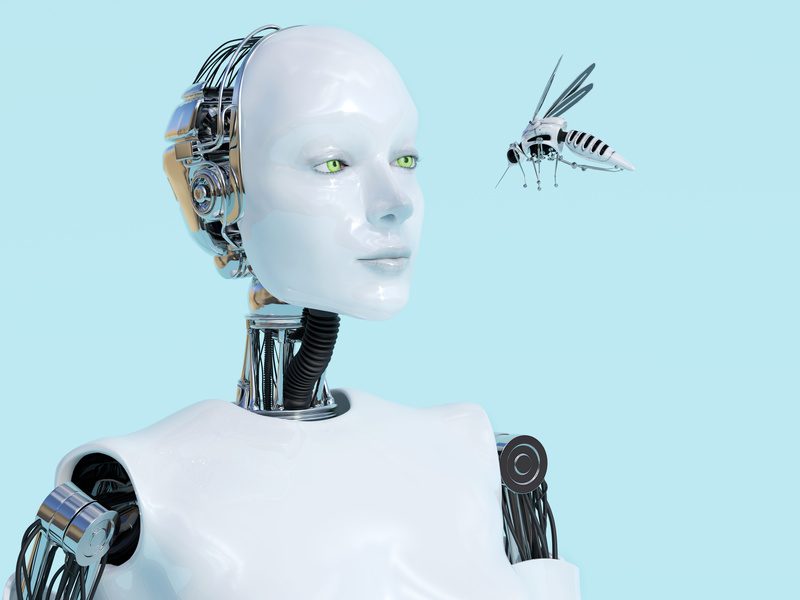
This is an example of how AI is penetrating the creative environment, too. It’s beginning to automate dull tasks that can chew up hours that creatives would rather spend creating. We talked to artists using the AI tools in Adobe Stock, including their visual search, [which finds images similar to one another] and automated keywording, [a tool that generates automatic keywords for images] to get their take on how AI can fit into the creative process.
Graphic designer Jesús Ramirez used visual search last year as part of his Make a Masterpiece project, a challenge set by Adobe to recreate a famous work of art using only stock images. He told PhotoBite: “I needed to search through thousands of images looking for very specific things, so visual search really sped up the process. For example, I needed hands in a specific position, so I took photos of my own hands mimicking those positions and used them to search. In the past, I would have had to type in ‘hand,’ but how do you describe hands doing a certain thing? And even if you could, what are the odds that the creator used those same keywords? For things like that, AI is great.”
When the camera was invented, people thought we wouldn’t need painters anymore,” says Jesús. “With AI, I think some people have the impression that the computer is going to do all the work, but at the end of the day it’s just another tool – Jesús Ramirez
Jesús also used the automated keywording function: “Now that Sensei [Adobe’s AI tech] is integrated with search in Photoshop, I don’t have to tag my photos. I can have thousands of photos uploaded to the cloud and just type a keyword like ‘cat’ or ‘building,’ to find what I’m looking for.”
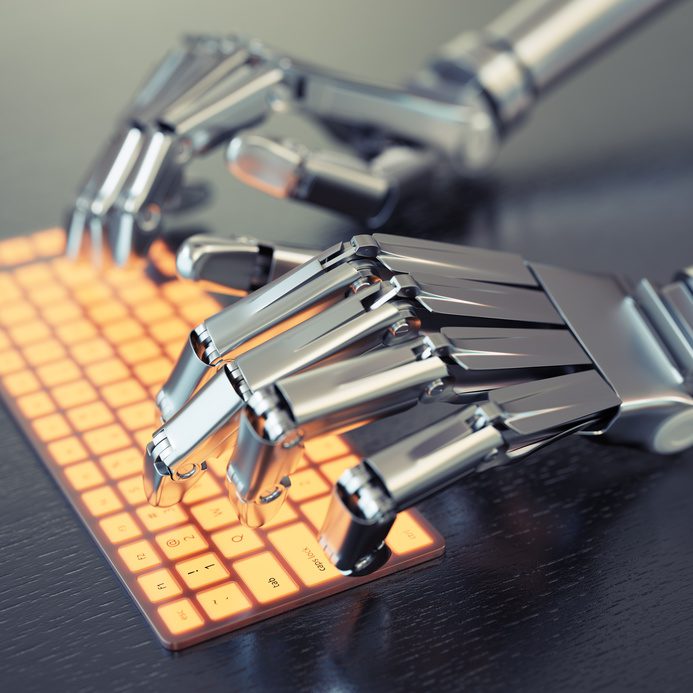
How Creative might AI Become?
Is there a point when it’s too much? Will AI start to step on artists’ creative toes? “When the camera was invented, people thought we wouldn’t need painters anymore,” says Jesús. “With AI, I think some people have the impression that the computer is going to do all the work, but at the end of the day it’s just another tool. I’m not afraid of AI taking over; I’m just afraid that’s the perception people are going to have. The passion you put into your work, the pleasure of creating something; that’s always reflected in the work. A machine can’t achieve that.”

